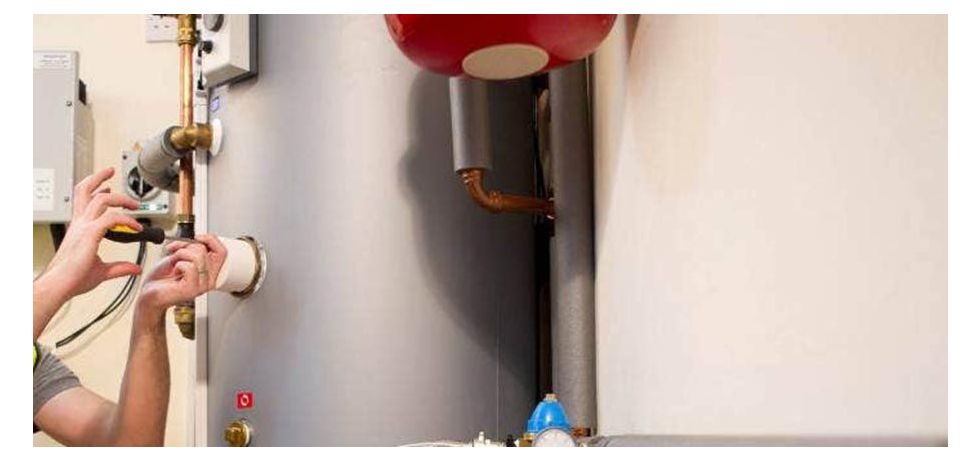When it comes to your home's water heating system, choosing the right hot water cylinder is crucial for ensuring comfort and efficiency. Whether you're building a new home or upgrading your existing water heating setup, this guide will walk you through the essential factors to consider. From cylinder types and sizes to energy efficiency and installation considerations, we've got you covered.
A hot water cylinder will be present in most UK homes, and is usually found in the airing cupboard (unless the house uses a combination boiler to heat the water). From time to time a cylinder will need replacing or you may be looking to source one for a new build and unless you are a plumber or heating engineer they can sometimes be rather tricky to get your head around.
Below you will find our hot water cylinder guide that will hopefully help you in your selection, and guide you to the relevant section on our online store. There are many choices when it comes to selecting your cylinder, however it generally comes down to how you plan to heat the water and how you want to distribute the water around the household.
Heating up your water:
There are two main methods for heating the water in a cylinder, directly and indirectly each having their own benefits and requirements.
Direct Cylinders:
A direct hot water cylinder heats the water itself with the use of an immersion heater (more than one immersion heater can be used on certain cylinders to produce hot water more quickly). External heat sources such as a boiler or solar panel are not used. Different variants of direct cylinders may include side mounted, top mounted, top and side mounted or two side mounted heating bosses (immersion heaters). Direct cylinders can also be vented or unvented, and are often used when a traditional heating system isn’t available.
Indirect Cylinders:
Indirect hot water cylinders rely on external appliances to heat the water within the cylinder. This external heat source is often a boiler but can also be something more environmentally friendly such as a solar panel. Indirect hot water cylinders keep the central heating and hot water supplies separate due to how the water is heated and used. The water within the cylinder is heated via a coil (heat exchanger) that is fed from the heat source (usually the boiler). This coil then feeds the central heating system and may become unsuitable for washing with. The water that is within the cylinder and heated by the coil is used for the hot water supply (for showers, baths, taps, etc). Certain indirect cylinders will also come with a supplementary fitted immersion heater in case of a heat exchanger breakdown or to allow for a quicker heat up of the water.
The cylinder coil (heat exchanger) – concealed within an indirect cylinder and coiled up to allow for maximum surface exposure, the coil is fed from the central heating system and heats the hot water supply stored inside the cylinder. Some cylinders will also contain an additional coil, known as a twin coil. Due to the inclusion of an immersion heater Indirect cylinders tend to be able to heat water more quickly than compared to its direct equivalent and like the direct cylinders can be vented or unvented.
Water Distribution
Water can be stored and distributed around the house in a number of ways, and the choice of the correct one may come down to your plumbing set up, the space you have available and your budget.
Unvented Cylinders:
Unvented hot water cylinders don’t require a storage tank as they use the mains fed water pressure to distribute heater water around the home. Like the vented cylinder the unvented option also has pro’s and con’s
Advantages:
- Supplies the property with hot water at the mains pressure
- No requirement for cold water tank or ventilation pipe
- Can be located anywhere within the property as there is no requirement for gravity
- Can work easily with existing pipework
Disadvantages:
- May require specialist installation
- Can have a higher cost when compared to vented
- Cannot be used with power showers and certain mixer showers







